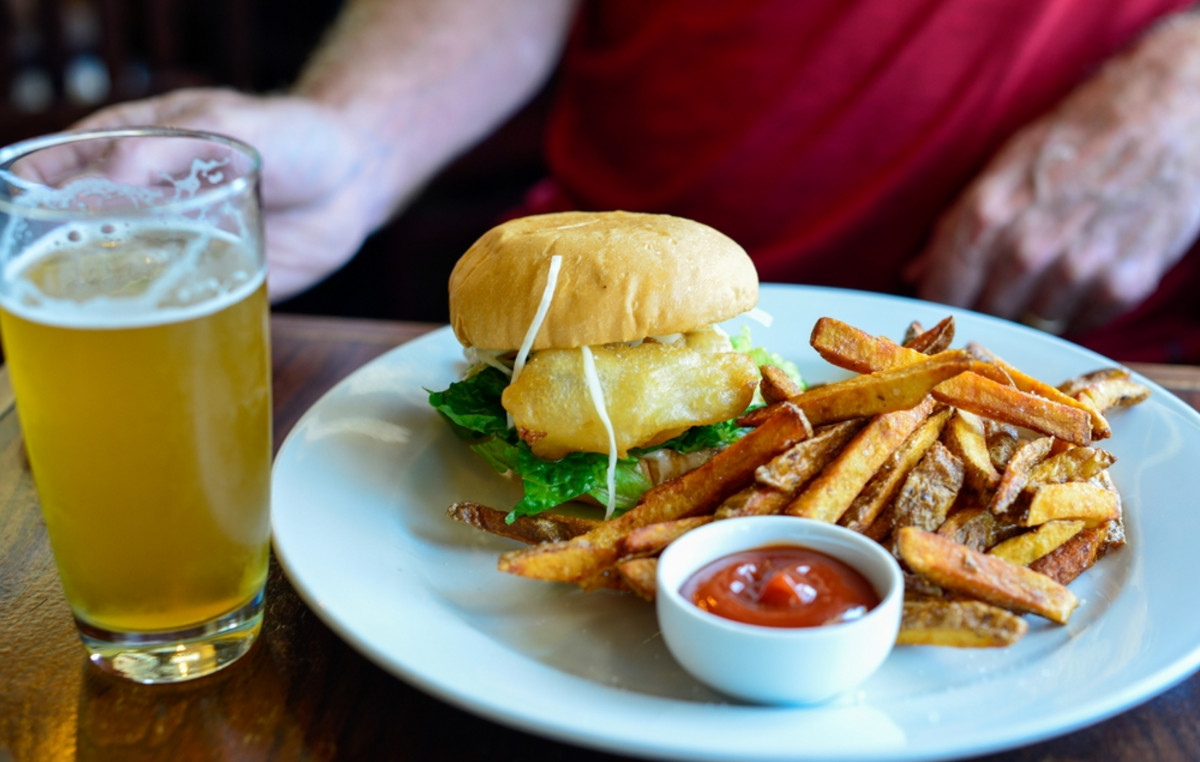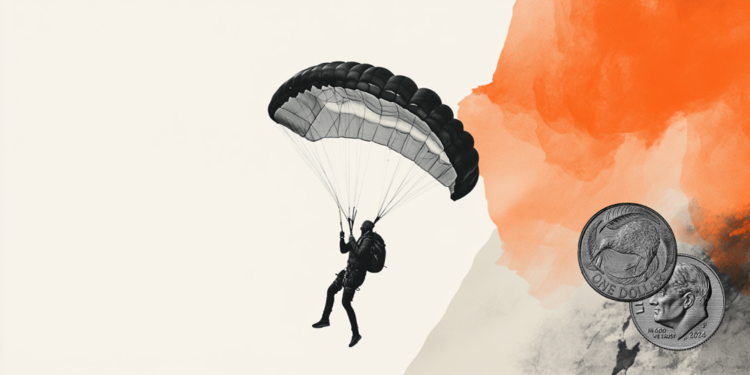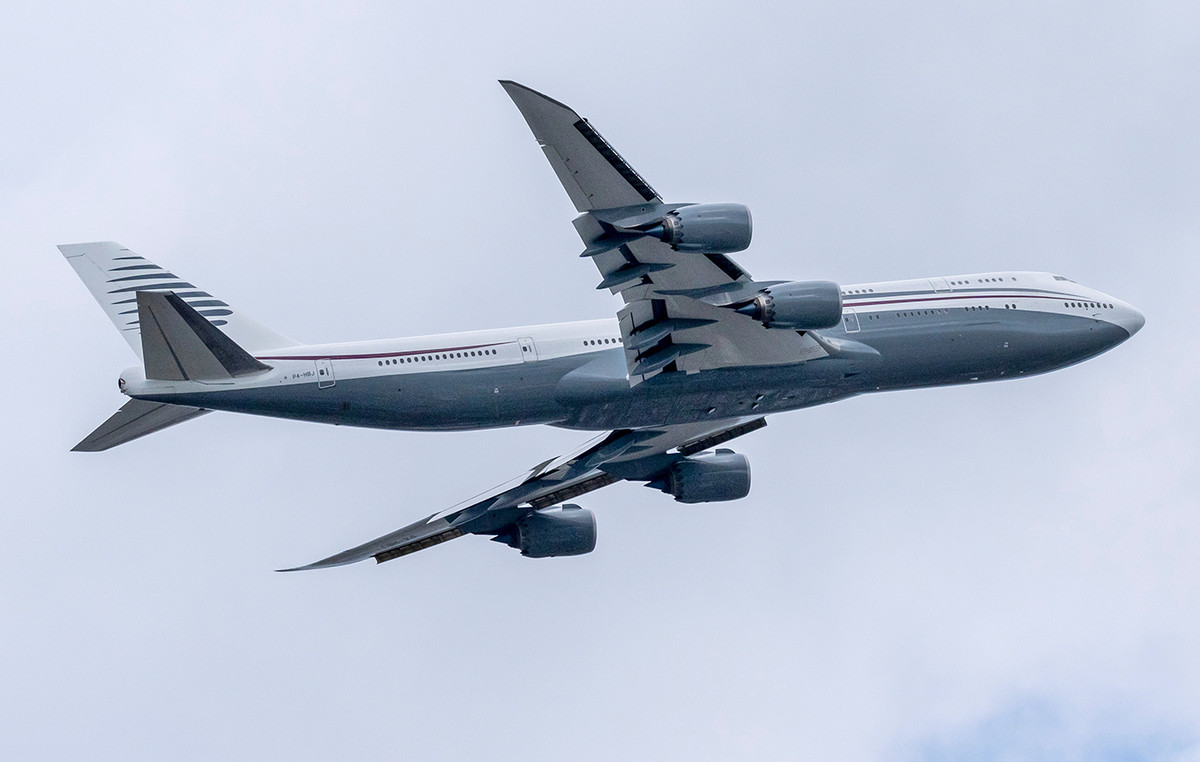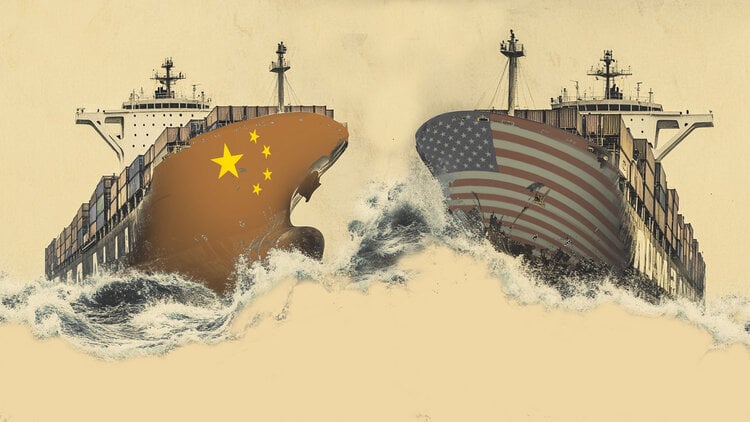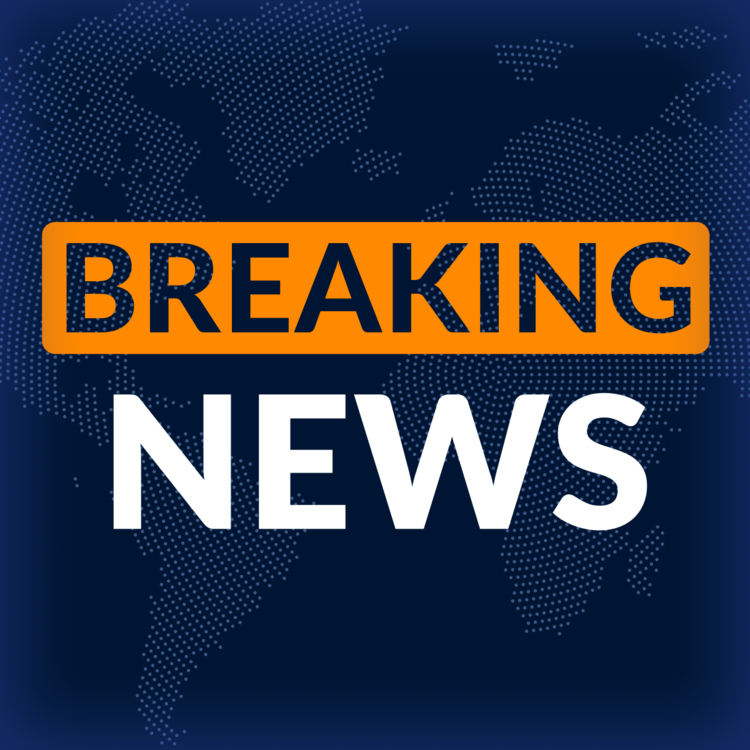The European Union formally adopted on Friday its fifth package of sanctions against Russia since the country’s invasion of Ukraine on February 24, including bans on the import of coal, wood, chemicals and other products.
The measures also prevent many Russian ships and trucks from accessing the EU, further damaging trade, and will ban all transactions with four Russian banks, including VTB.
The ban on coal imports will come into full effect from the second week of August. No new contracts can be signed from this Friday, with the publication of sanctions in the EU’s official journal.
Existing contracts will have to be terminated by the second week of August, meaning Russia can continue to receive payments from the EU for coal exports until then.
“These latest sanctions were adopted after the atrocities committed by the Russian armed forces in Bucha and other places under Russian occupation,” top EU diplomat Josep Borrell said in a statement.
The Kremlin said Western allegations that Russian forces committed war crimes by executing civilians in the Ukrainian city of Bucha were a “monstrous forgery” designed to defame the Russian army.
The coal ban alone is estimated by the Commission at €8 billion a year in lost revenue for Russia. That’s twice what the head of the European Commission, Ursula von der Leyen, said on Tuesday.
In addition to coal, the new EU sanctions ban Russia’s imports of many other commodities and products, including wood, rubber, cement, fertilizer, high-quality seafood such as caviar, and spirits such as vodka, for an additional total. estimated value of 5.5 billion euros per year.
The EU has also restricted exports to Russia of a range of products, including jet fuel, quantum computers, advanced semiconductors, cutting-edge electronics, software, sensitive machinery and transport equipment, for a total value of €10 billion a year. .
The sanctions also prohibit Russian companies from participating in EU public procurement and extend bans on the use of cryptocurrencies that are considered a potential means of circumventing the sanctions.
UK freezes assets of Putin’s daughters
Britain added Vladimir Putin’s daughters to its sanctions list on Friday, reflecting US measures in what it said was an effort to target the lifestyles of people in the Russian president’s inner circle.
After the Russian invasion of Ukraine, the UK and other Western allies announced several waves of sanctions against Moscow’s wealthy elites, key industries and their access to the international financial system.
An update to the UK sanctions list announced the asset freeze for Putin’s adult daughters Katerina Tikhonova and Maria Vorontsova, and Sergeyevna Vinokurova, daughter of Foreign Minister Sergei Lavrov.
All three were subject to US sanctions earlier this week.
“Our unprecedented sanctions package is hitting the elite and their families, while degrading the Russian economy on a scale Russia has not seen since the fall of the Soviet Union,” Foreign Secretary Liz Truss said in a statement. .
The UK estimates that 60% of Russian foreign currency reserves have been frozen as a result of international sanctions.
Source: CNN Brasil
I’m James Harper, a highly experienced and accomplished news writer for World Stock Market. I have been writing in the Politics section of the website for over five years, providing readers with up-to-date and insightful information about current events in politics. My work is widely read and respected by many industry professionals as well as laymen.

